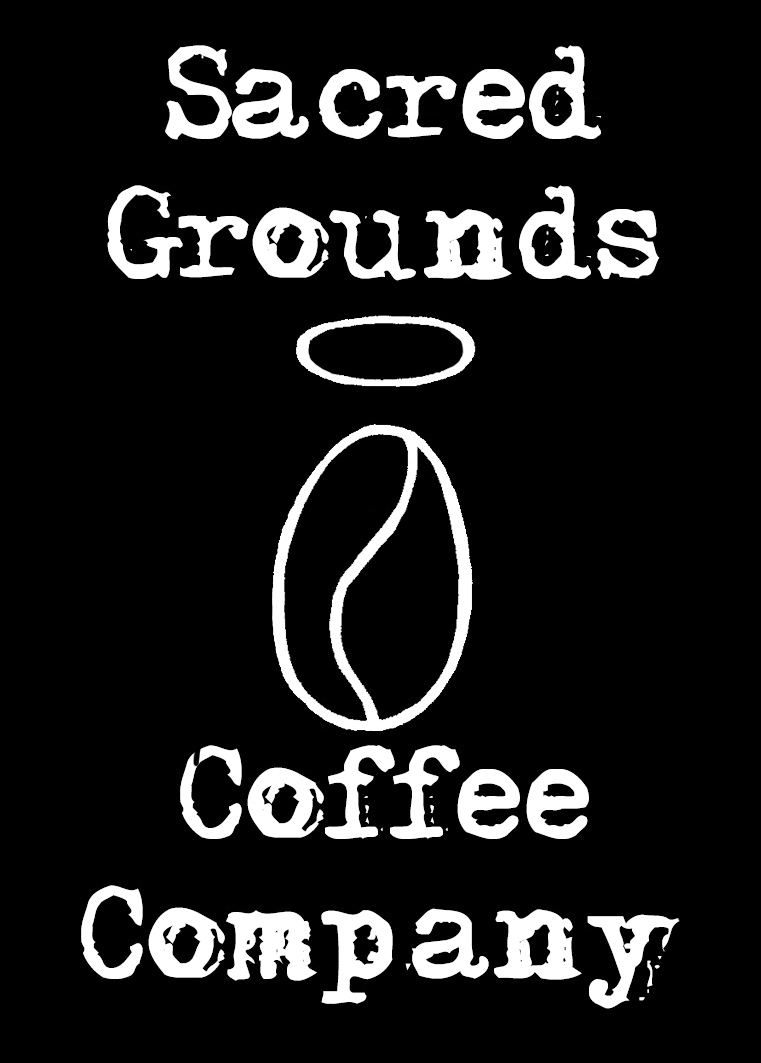Maria Perez Bernal is the owner of 3 hectares of land in the El Nogal village near to the city of Jaen in Peru. She lives in the city but her parents still live on her farm and manage all of the land as well as the small area owned by her sister. The land is planted with castillo, caturra and pache varietals of coffee: this lot is made up of the caturra and pache varietals specifically.
The farm sits at an altitude of 1800 masl and is planted at a density of around 3500 plants per hectare. Once picked, the coffee is processed and dried on site using a small hand pulper and drying beds under a plastic tarpaulin. The coffee is fermented for 24 to 36 hours before being dried for around 10 to 14 days.
Overview of coffee in Peru:

Falcon, our importer have been working in Northern Peru for several years, buying specialty coffee from cooperatives and associations with whom they have formed strong and lasting relationships. Whilst a lot of the arrival quality of the coffee in previous seasons has been good, they have struggled to make the changes they'd like to, to then impact on quality or improve supply chains. More importantly, the premiums paid for quality was rarely making it directly back to the producers, and was something they had very little control over. In Peru, as in other coffee growing countries, coffee farmers are sensitive to market changes and often lack basic training and incentives to produce higher quality coffees - premiums didn't often materialise unfortunately. For these reasons, Falcon decided to change the way they buy coffee in Peru and have started working directly with producers: they can control and improve upon existing quality and now have full financial tracability. Ensuring these two factors means they can pay a higher price for coffees and make sure that producers receive a fair price for the coffee they deliver and which is above market price. In order to do this, Falcon have set up a warehouse in Jaen and started to buy parchment directly from the producers.
The Cajamarca region holds a lot of potential for exceptional coffee with excellent growing conditions and great varieties. Quality is often lost in picking, processing and drying with producers lacking infrastructure and knowledge however. The most vulnerable producers are those that are unassociated - those who aren't members of a cooperative, association or organisation. They represent 75% of producers in Northern Peru. These producers don't have access to training sessions or premiums for quality or certifications and their income is totally dependent on market price.. Often local aggregators - a buyer who lives in the same area- will come to the farm or house of a producer and buy their coffee for cash before selling it on, in some cases directly to an exporter or more often to other traders or middlemen. This results in the producer being paid very little for their coffee and a lot of quality coffee is lost. This shift in sourcing approach by Falcon will allow them to forge long term relationships directly with farmers, improve the coffee quality they can offer from these areas and increase producer household income through access to quality premiums. They have now succeeded in building relationships with over 430 registered farmers across the San Ignacio and Jaen provinces. It is an approach that Falcon have had success with in Colombia and it is working in Peru too. It means more great coffee coming your way and all traded in an ethical, sustainable and fair way which has to be a good thing.
(Images and text supplied by Falcon Specialty)
